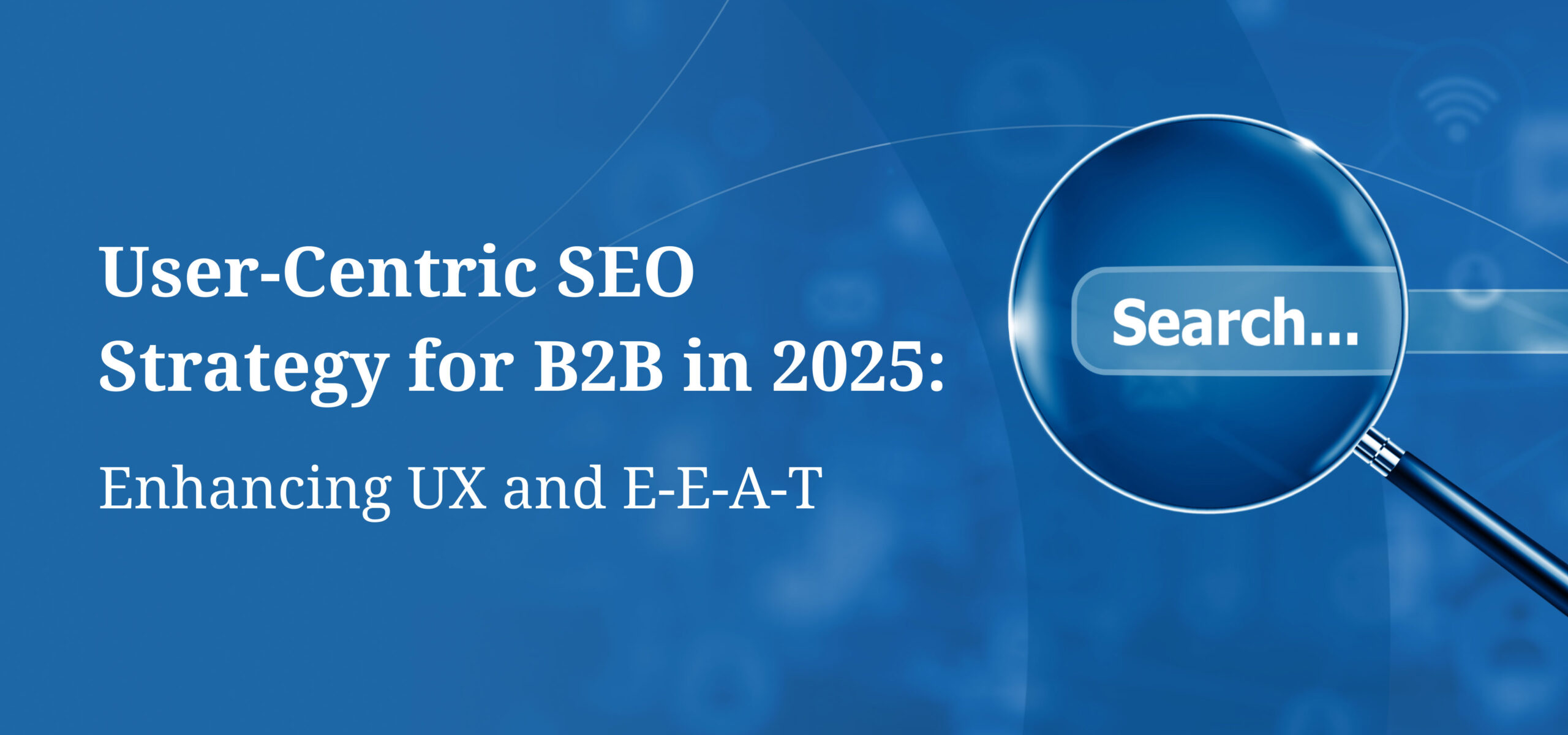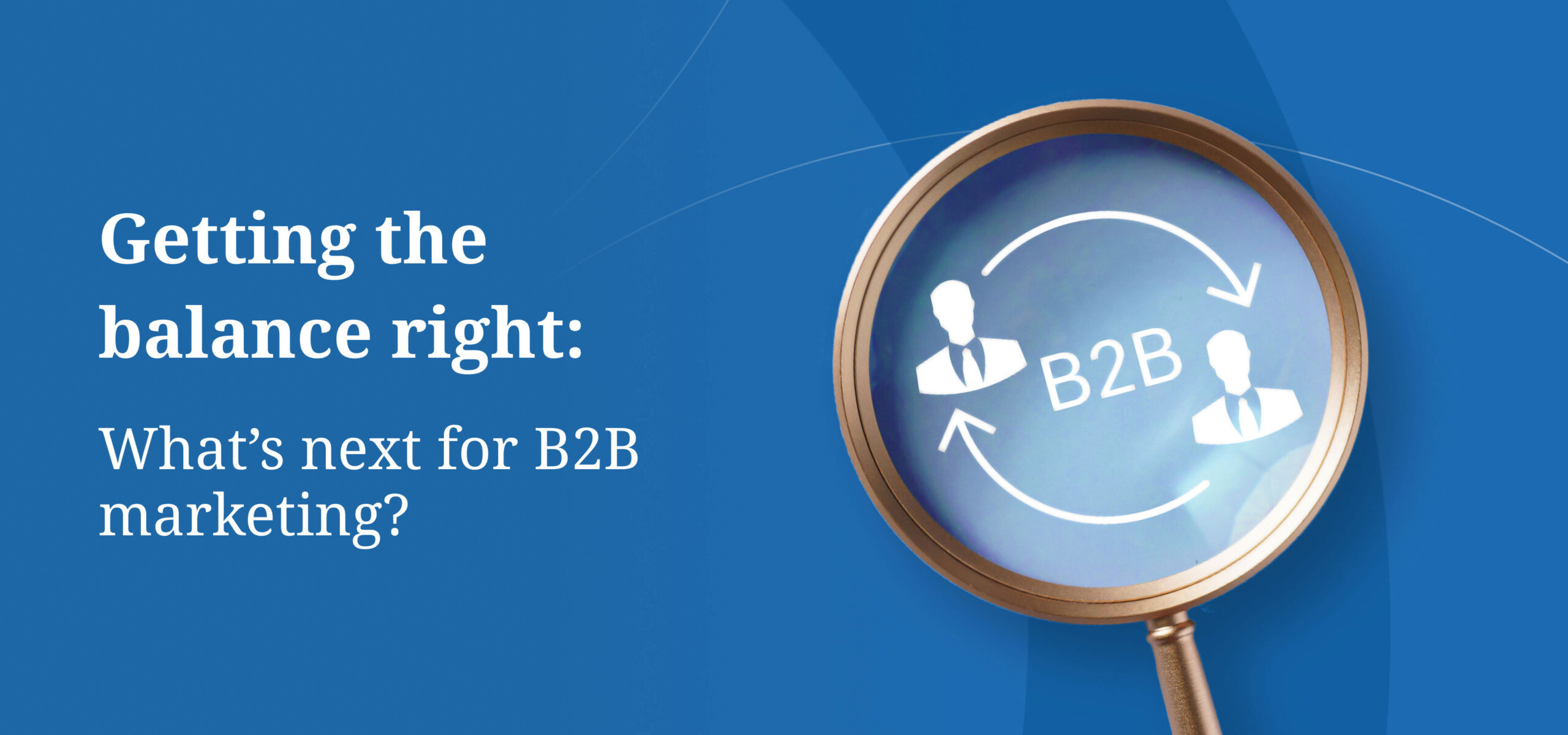As we cross the threshold into Q2 for 2024, the landscape of B2B marketing continues to evolve rapidly. B2B marketing refers to the strategies and activities undertaken by companies to promote their products or services to other businesses rather than individual consumers. It involves identifying and targeting specific businesses or industry sectors, understanding their unique needs and challenges, and developing tailored marketing strategies to address them.
B2B marketing often involves longer sales cycles, complex decision-making processes, and multiple stakeholders. Amidst the shifting trends and emerging technologies such as generative AI, AI and ML in marketing automation, it’s important for businesses to keep a focus on what matters in B2B marketing.
In this article, we dive deeper into some of the key trends that we see reshaping the B2B marketing landscape, as well as some old but gold nuggets.
1. Content is still king—along with masterful storytelling
Amid the ever-changing marketing landscape, one principle remains unaltered – content reigns supreme. With more and more companies investing in video and thought leadership content, the significance of high-quality, compelling content cannot be overstated. Be it informative blog posts, captivating videos, or insightful whitepapers; content continues to be the backbone of thriving B2B campaigns.
Interestingly, despite the allure of AI-generated content, there is a persistent demand for authenticity and quality. Consumers are becoming wary of generic, machine-generated content and recognise the value of human-driven narratives. As the hype around AI-generated content levels off, the importance of crafting compelling, high-quality content becomes even more pronounced.
2. Humanising the brand experience
According to HubSpot, humanising the brand means “adopting a more relatable and personable communication style when interacting with customers instead of standard business jargon.”
In today’s digital age, customers crave authenticity and human connection in their interactions with brands. There are many facets to this approach. It could be something as simple as writing a relatable About Us page, keeping an active blog on your website or posting employee content regularly.
3. Harnessing intent data
Intent data has emerged as a valuable asset for marketers, providing valuable insights into the behaviour and preferences of potential customers. By leveraging intent data, companies can enhance their personalisation efforts and target the right audience with the right messages at the right time. This data-driven approach not only improves the effectiveness of marketing campaigns but also ensures a more seamless and relevant customer experience.
Intent data is particularly useful in ABM campaigns. ABM, an acronym for account-based marketing, is a strategic B2B marketing approach that integrates intent data to target specific high-value accounts, thereby maximising revenue potential. Accessing intent data focuses on the pain points of these accounts and improves the chances of better Marketing Qualified Leads (MQLs).
As a longstanding client, DBS enlisted M&C to develop a strategy aimed at boosting awareness of DEG services across key Asian markets including India, Singapore, Vietnam, Indonesia, China, and Taiwan. In response, we proposed an integrated LinkedIn ABM campaign strategy meticulously targeting C-Suite executives within 380 prominent tech companies in the region. This comprehensive approach encompassed various elements such as brand awareness, nurturing, and lead generation, complemented by a well-coordinated paid media strategy.
4. Content and SEO integration
While we have already established that content remains king, another important B2B marketing trend is the integration between content and SEO planning. The two really sit hand-in-hand in the modern marketing world, yet in many organisations content and SEO sits separately, as is the case in many agencies too. But moving forward, there needs to be a lot more synergy and collaboration between content and SEO planning and development.
Unlike in the early days of SEO, SEO is now not just a tool for visibility; it’s a channel for demonstrating authority, reliability, and value which is also the purpose of content marketing. B2B SEO is critical in the content planning stages and at M&C our content and SEO teams collaborate closely working together on strategy, content planning, and execution.
5. The resurgence of event marketing
While the pandemic may have put a halt to in-person events temporarily, event marketing is making a strong comeback in 2024. With the opportunity to extend the shelf life of content captured at events through a series of videos and other content pieces, companies can maximise their ROI and reach a wider audience. Whether it’s hosting virtual summits or participating in industry conferences, events provide valuable opportunities for networking, lead generation, and brand exposure.
For instance, in collaboration with Tata Communications, a global communications technology giant, our team at M&C spearheaded their Chinese New Year campaign by orchestrating two exclusive lunch events in Singapore and Hong Kong. These events serve as crucial touchpoints for companies to directly connect and engage with their target audience, fostering lasting relationships and driving meaningful interactions.
At Manning & Co., we understand the ever-changing landscape of B2B marketing and are committed to helping our clients stay ahead of the curve. As your trusted partner for integrated end-to-end campaigns, we leverage the latest trends and technologies to drive success and achieve measurable results. Contact us today to learn how we can elevate your marketing initiatives in 2024 and beyond.





